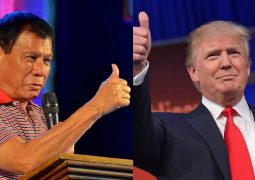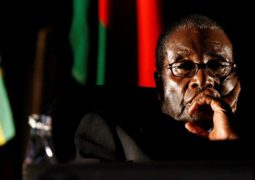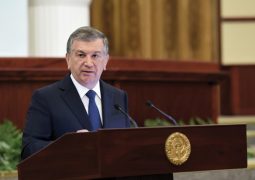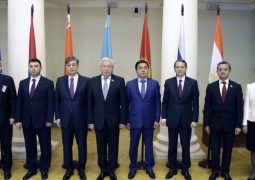Japan Ratifies Trans-Pacific Partnership, Which Trump Has Promised to Leave Approval of trade deal is a mostly symbolic step

TOKYO—Japan’s parliament on Friday ratified the Trans-Pacific Partnership trade agreement, a mostly symbolic step because of opposition by President-elect Donald Trump that is forcing Tokyo to look at other free-trade deals.

Mr. Trump said last month he would pull the U.S. out of the 12-nation TPP on his first day in office in January. The agreement requires U.S. ratification to come into force.
Assuming Mr. Trump carries out his pledge, Japan has several options: pursue the TPP without the U.S., negotiate a two-way trade deal with the U.S. or prioritize free trade with other countries.
“Japan will probably work on all of these options,” said Noboru Hatakeyama,a former vice trade minister and president of the Institute for International Trade and Investment.
Prime Minister Shinzo Abe, while acknowledging that the odds are against him, has said he still hopes to persuade Mr. Trump to revive the TPP. The two men met in New York last month.
Mr. Abe said Friday that parliament’s ratification of TPP would send a message about the importance of regional free trade. The upper house voted 165-70 to approve the pact, following earlier approval by the lower house.
“Japan’s population is declining. If Japan is to maintain growth, it has to tap into Asia, which has a growing population and an expanding market,” Mr. Abe said.
Officials in Japan and the European Union said talks on a free trade deal between the two sides, which have dragged on for more than three years, could accelerate.
“The disappointment that many countries have felt” over TPP “has of course made many of them rethink a little bit about their trade strategies,” said Cecilia Malmström, the EU’s trade chief. “I would say that yes, it has resulted in even closer contact and more frequent between us and the Japanese.”
Japan and the EU are set to hold talks next week with the aim of reaching a basic deal this year.
Japan is also part of a 16-nation bloc in Asia called the Regional Comprehensive Economic Partnership, or RCEP, which is exploring a trade deal.
Still, none of the alternatives have the same attractions as the TPP, which would bring together Japan and its most important ally, the U.S., in a deal that excluded China. Other proposed deals are more narrowly focused on lowering tariffs than the TPP, which also included measures codifying workers’ rights and intellectual-property rights.
What’s more, RCEP is led by China, the region’s biggest economy, which makes Tokyo uneasy.
While Mr. Abe dismissed a refashioned TPP without the U.S. as “meaningless,” some analysts said Tokyo would have to consider that option if Mr. Trump formally pulls the plug on the TPP after his inauguration Jan. 20.
Mr. Trump has said he prefers two-way trade talks to multinational deals. Japan is wary of negotiating one-on-one with the U.S., having experienced bruising talks in the 1980s and 1990s that threatened to damage the broader relationship.
“Japan won’t do” a bilateral free-trade agreement with the U.S., deputy chief cabinet secretary Koichi Hagiuda said at a recent symposium.
But Mr. Hatakeyama, the former vice minister, said he believed Japan needed a deal with the U.S. to counter competition with South Korea, which already has such a deal. The U.S. charges 25% tariffs on small trucks imported from Japan, while South Korean products won’t face such tariffs in the future.
— Viktoria Dendrinou contributed to this article.
- Previous Alcohol In Bishkek: All-Woman Brewery Brings Craft Beer to Kyrgyzstan
- Next China Faces Off Against World on Open Global Markets










